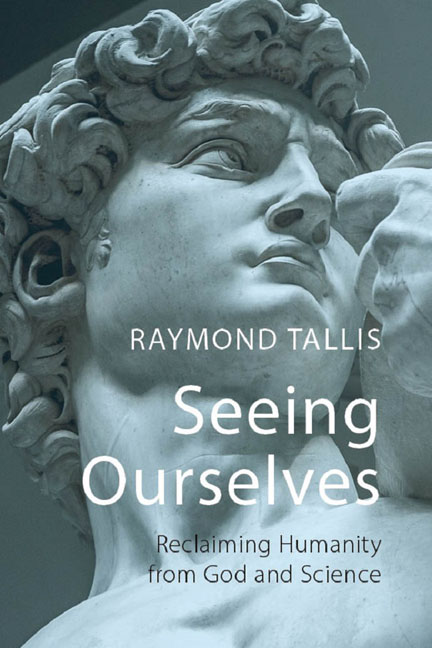Chapter 4 - Human being: in and out of time
Published online by Cambridge University Press: 09 August 2023
Summary
In the last chapter we reflected on the mind-boggling complexity of our relationship to our bodies. While there is a fundamental sense in which those bodies are objects among the other objects of the world, on all fours with tables, chairs, pebbles, and clouds, they are also the basis of our being viewpoints on what-is and hence upholders of a world in which objects are located. The lived stereoscopy of our bodily awareness underpins our intuition that objects have an existence in themselves independent, or truly outside of, ourselves as perceiving subjects inhabiting a world populated with such objects.
We have left much business unfinished, some of which can be gathered under the headings of “selfhood” or “personal identity” and “agency”. I will delay discussion of these concepts until we have further explored their hinterland in order that our investigation might be conducted at the right depth. The present chapter is devoted to our mode of being in – and out of – time. This might seem a long way from our topic of humanism but in fact it lies at its very core. Our unique relationship to time is the basis of the extended subject that is the self and the conscious human agent. As such it is central to our distinctively human being.
I am conscious that the previous chapter and what I will have to say in the present may be hard going for non-philosophers. Stick with me, however – and take heart because the remaining chapters will be easier to understand. The burden of the present chapter is that persons are extended in time in a manner that is fundamentally different from the way that material objects (including organisms) are located in time. Indeed, our entire mode of being in time is unique to human beings. The phenomenology of human time is a vast topic. Mentioning just two names from what in the UK is called “continental” philosophy – Husserl and Heidegger – will be sufficient to those who are familiar with these names to indicate the importance of the topic as it has flowered in philosophical discourse.
- Type
- Chapter
- Information
- Seeing OurselvesReclaiming Humanity from God and Science, pp. 115 - 144Publisher: Agenda PublishingPrint publication year: 2019



